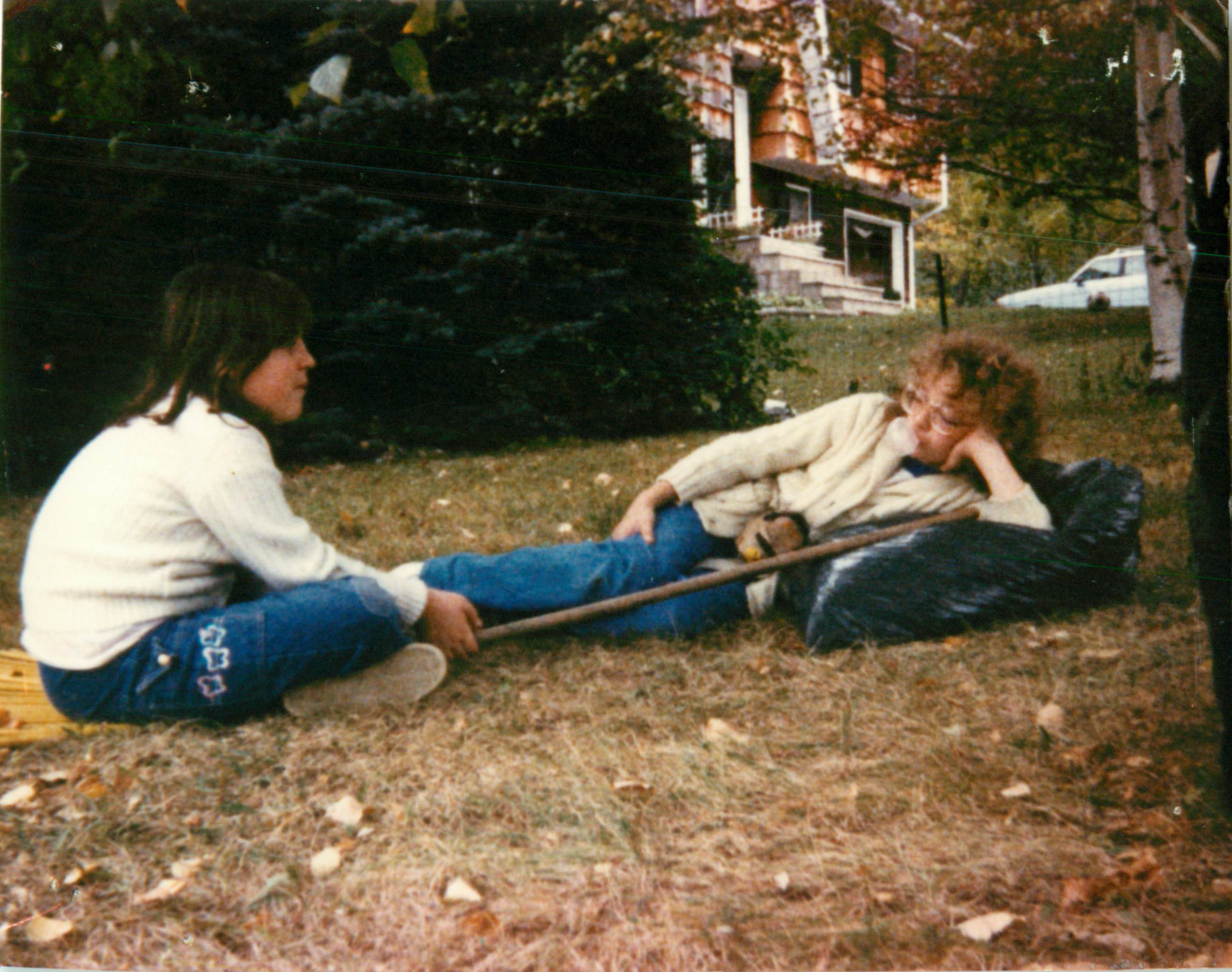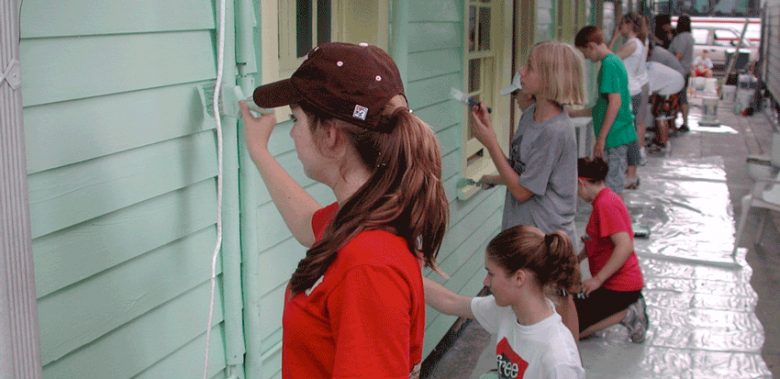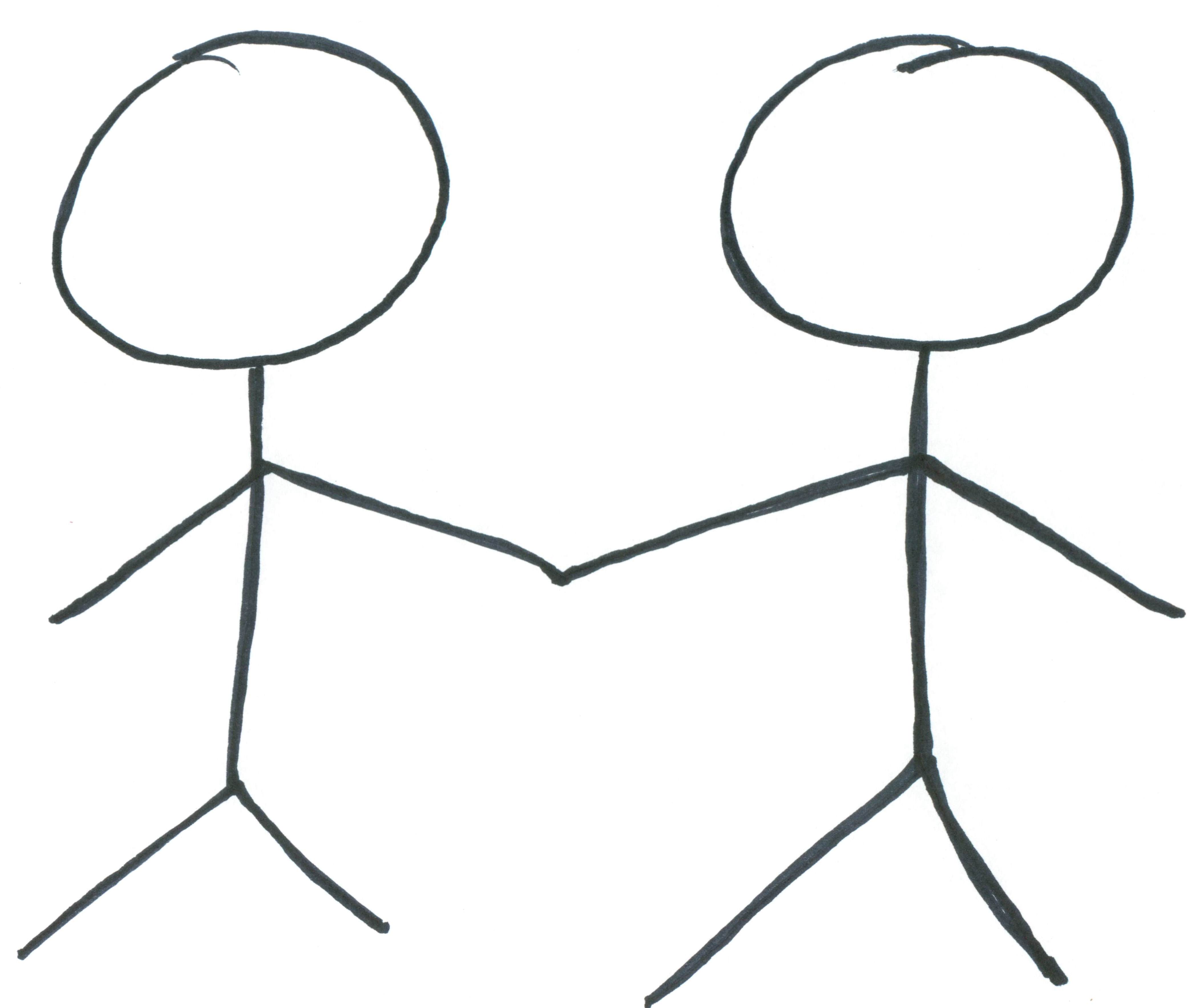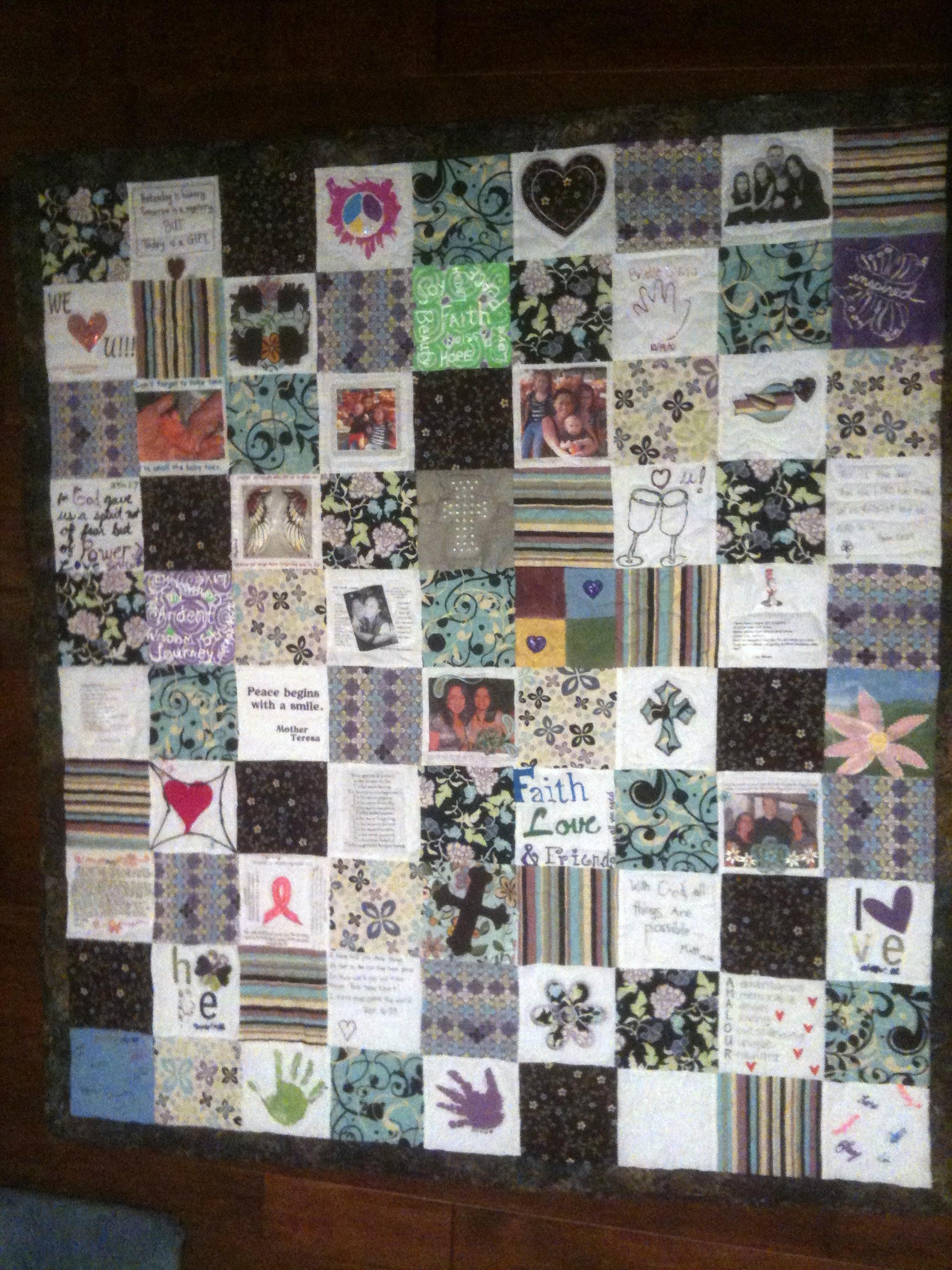Friends
I love my friends.
They know me through-and-through and love me all the more. Their genuine care and concern for my well-being is as warm as their hugs. I delight in their presence, savoring the moments of quality time, the great conversations, the honesty, the fun, and the laughing. The laughing is the best.
Can you relate?
Friendship has lots of categories: good-friends, old-friends, Mom-friends, family-friends, work-friends, Facebook Friends… and they’re all good.
Let’s take a closer look at “Facebook Friends.” Facebook has helped me reacquaint myself with a slew of old friends from different points in my life, especially since I’ve moved around quite a bit. In addition to high school and college friends, I’ve even reconnected with my best friend from childhood.  Some “friends” from Facebook are just in the social network, more akin to friendly acquaintances. Some offer a lot of “water-cooler-didja-hear-about” conversation, which as a work-from-home-mom, I totally appreciate and enjoy. Though, I think the thing I enjoy most about FB friends is the way in which we know about what’s going on in each other’s lives. When someone shares joy, I smile with them. When someone shares pain, I gather them in my thoughts and prayers. And how about the birthday-love from FB friends? It’s certainly a different version of friendship than my grandmother experienced, but it’s community all the same. At least it has the potential to be…
Some “friends” from Facebook are just in the social network, more akin to friendly acquaintances. Some offer a lot of “water-cooler-didja-hear-about” conversation, which as a work-from-home-mom, I totally appreciate and enjoy. Though, I think the thing I enjoy most about FB friends is the way in which we know about what’s going on in each other’s lives. When someone shares joy, I smile with them. When someone shares pain, I gather them in my thoughts and prayers. And how about the birthday-love from FB friends? It’s certainly a different version of friendship than my grandmother experienced, but it’s community all the same. At least it has the potential to be…
Whether it’s online or in-person, friendship is about community. It is a community with whom we have fun; it is a community who challenges us, comforts us, supports us, and cheers us on.
And within this community of friends, different people have different roles.
Beyond the “BFF” label (meaning “Best Friends Forever” – and yes, Mom, that was for you), there are certain people in our lives that are part of our “inner circle.” These are the close friends you appoint to a place of honor in your life. I once knew a woman who called this group her “Personal Board of Directors.” (My husband refers to it as “The Brain Trust.”) These are the folks who we tend to check in with regarding our life decisions and the ones with whom we cannot wait to share any “big” news. We may not always agree with the counsel offered by members of our Board, nor do we always follow their advice. However, we certainly listen to what they have to say – good or bad – because we value their input.
- Who have you appointed to your own Personal Board of Directors?
The friendships filled with philia love can touch us so deeply that they may even bring the Divine Presence into our lives. In Touching the Holy, Robert Wicks identifies four different kinds of friends that it is important to have in our lives. (Though Wicks notes that it’s certainly possible for one friend to have multiple roles).
[Note: I also recommend The Work of Your Life: Sustaining the Spirit to Teach, Lead, and Serve, by Catherine Cronin Carotta (Harcourt 2003), which offers a summary of Wick’s four friends, presenting them in the context of discerning one’s calling.]
- The Prophet This is the friend who points out the truth. “Prophets challenge us to look at how we are living our lives” (99). Prophets prompt us to examine whether we are listening to God’s voice and following our values or if we are being swayed by “other” voices. When the prophet-friend asks, “What’s that about?” it makes us think. This is the friend who will speak the difficult truth (with love), despite discomfort or pain.
- Who are the Prophetic Friends in your life?
- The Cheerleader We all need people in our lives who offer the cheerleader’s unabashed, enthusiastic, unconditional acceptance. This is the person who helps us see the reflection of the loving face of God more readily in ourselves and others. When we’ve had a difficult day, this is the person we turn to for loving support and encouragement because they say just the right thing to nurture our own self love. The cheerleader is the friend who offers the presence of God’s mercy and love. This is the friend “who gets joy out of seeing the footprints of God in our personality” (102). “Warm friends represent the incarnational love of God in our lives” (106).
- Who are the Cheerleader Friends in your own life?
- The Harasser This is the friend who helps keep us from taking ourselves too seriously. The harasser makes us laugh – especially at ourselves. Through friendship with the harasser, we avoid emotional burnout and/or unrealistic expectations of ourselves. “This type of friend helps us regain and maintain perspective.”
- Who are the Harasser Friends in your own life?
- The Spiritual Guide “We will never cease to need an array of spiritual guides to help us deal with our unrecognized and unnecessary fears, to help us appreciate the need for proper detachment, and to lead us to a sense of enthusiasm and perspective in a world strained by anxiety and confusion” (109). This friend helps us identify our deepest fears, soulful longings, and treasured values. This is the person who helps us process experiences in our quest to make meaning of our lives.
- Who are the Spiritual Guide Friends in your own life?
Wicks points out that these four friends help to balance each other out. Too much cheerleader and not enough prophet might make a person a bit full of themselves… too much prophet and not enough cheerleader might make a person down on themselves… So we need all four kinds.
Which is good, because I have each of these friends. Moreover, I want each of these friends in my life. I am a better me because of these friends. And I want to be this kind of friend to others.
This is what I mean when I say: I love my friends. Can you relate?
“Friendship © Depositphotos.com/Hannamariah”






